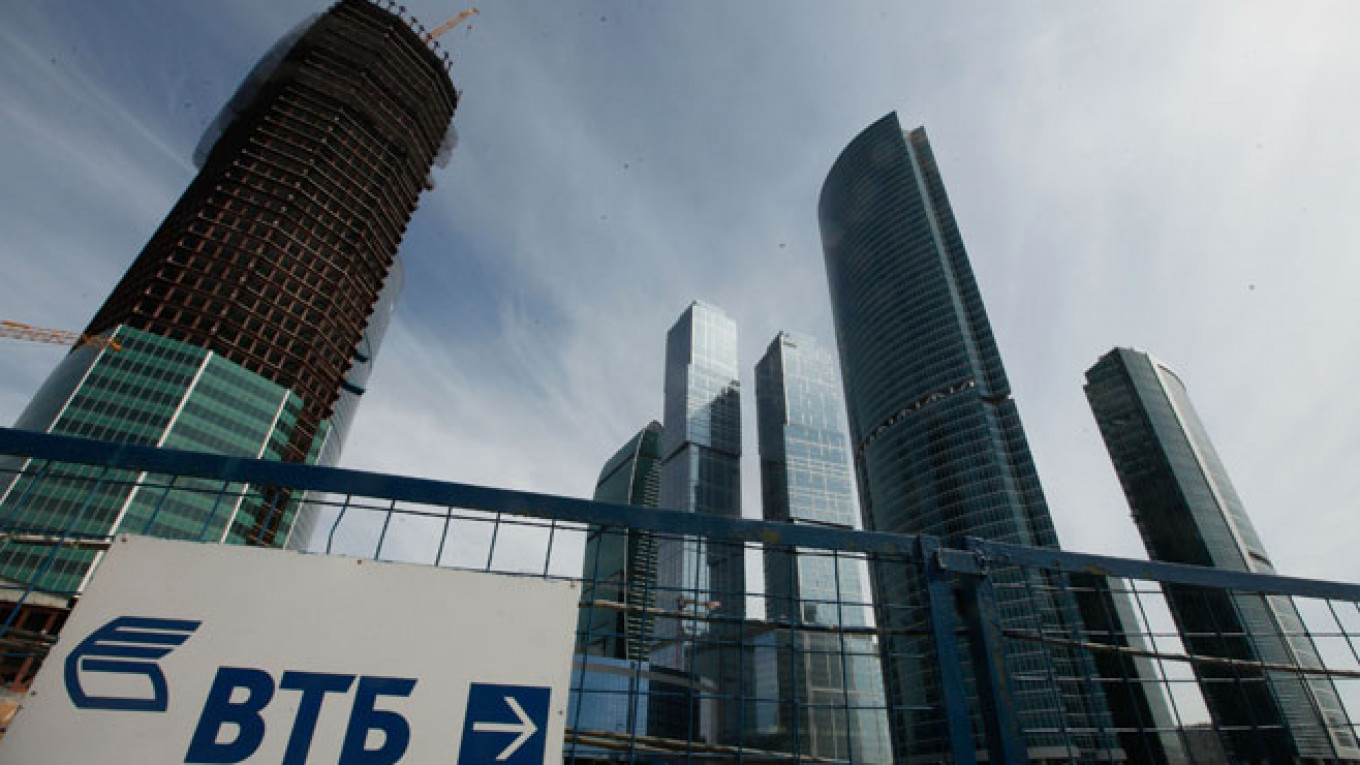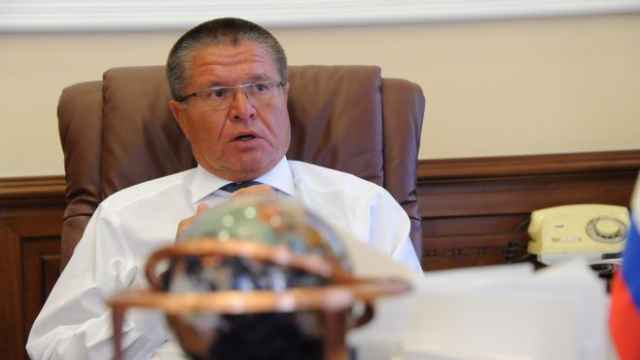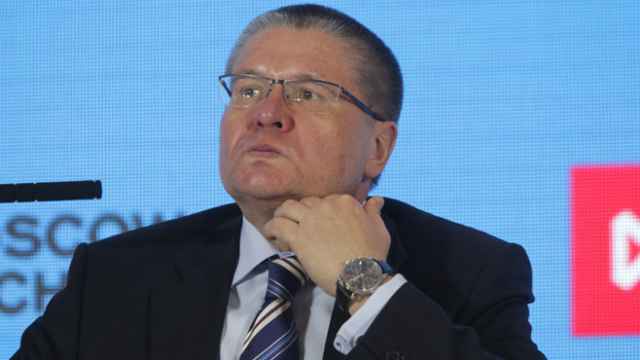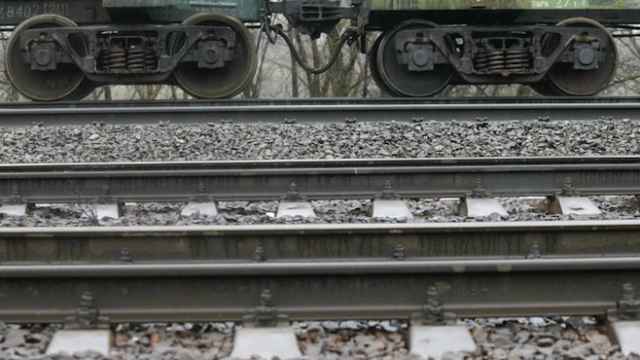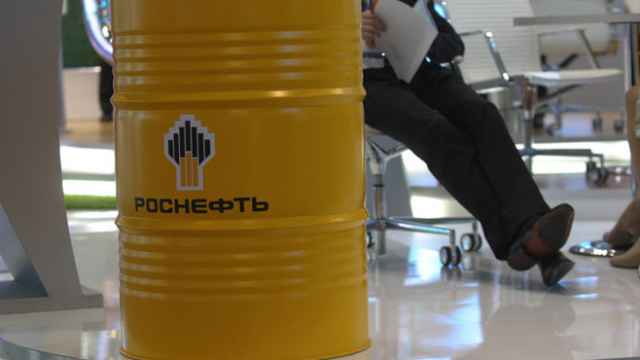Russia has prepared legal changes that would enable the government to invest up to 20 percent of its National Welfare Fund (NWF) in subordinated debts of banks, according to a document published on a government website.
The draft governmental resolution would change the investment rules for the $82 billion fund, one of two major sovereign funds financed from oil taxes. The portal where it was posted is used to flag upcoming regulatory amendments and invite public discussion of them.
The NWF is designated to support the pension system but has recently become an important source of emergency financing for companies impacted by Western sanctions imposed over Russia's actions in Ukraine. The sanctions restrict access to international capital markets for major banks and companies.
The amendments would allow up to 20 percent of the Fund, or a maximum of 709 billion rubles ($15 billion), to be invested in subordinated debt of banks that finance priority investment projects defined by the government's program to 2018.
Eligible banks would need to have been involved in at least 10 qualifying investment projects over the last three years, a clause that is likely to favor major state banks.
Recent months have seen intense debate over how to invest the NWF, a resource that enables the state to finance needy projects without drawing on the cash-strapped federal budget.
In June, Russia lifted a cap on the share of domestic investments from the NWF to 60 percent from 40 percent.
The government has already provided several billion dollars worth of financing from the NWF to support banks affected by sanctions.
It has also received a request from Rosneft for over 2 trillion rubles, an amount the state oil firm is unlikely to receive because of the Fund's other commitments.
President Vladimir Putin said Nov. 14 that he did not rule out Rosneft receiving some NWF funds after a "real assessment" of its needs.
A Message from The Moscow Times:
Dear readers,
We are facing unprecedented challenges. Russia's Prosecutor General's Office has designated The Moscow Times as an "undesirable" organization, criminalizing our work and putting our staff at risk of prosecution. This follows our earlier unjust labeling as a "foreign agent."
These actions are direct attempts to silence independent journalism in Russia. The authorities claim our work "discredits the decisions of the Russian leadership." We see things differently: we strive to provide accurate, unbiased reporting on Russia.
We, the journalists of The Moscow Times, refuse to be silenced. But to continue our work, we need your help.
Your support, no matter how small, makes a world of difference. If you can, please support us monthly starting from just $2. It's quick to set up, and every contribution makes a significant impact.
By supporting The Moscow Times, you're defending open, independent journalism in the face of repression. Thank you for standing with us.
Remind me later.


